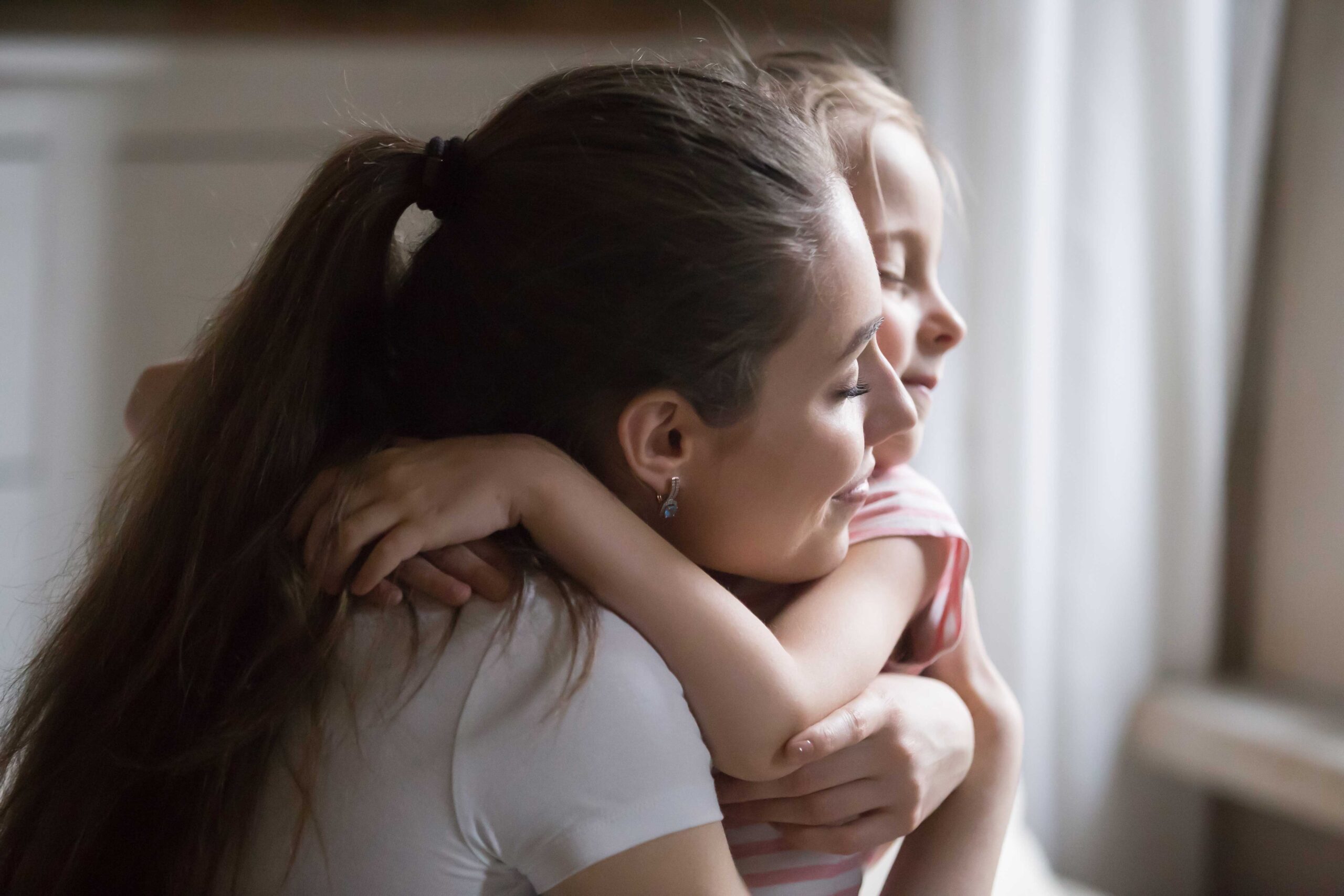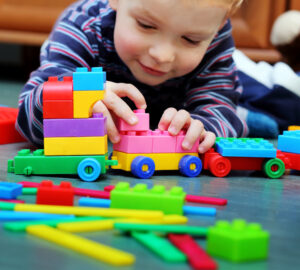
By Fatima M. Imara, MD, Behavioral Health, Pacific Permanente Group
During a time of overwhelming loss, our kids look to us for comfort and support. Whether they were directly impacted by the fires, or they are hearing about it in the community, they may be affected emotionally in different ways.
It can be challenging to talk with children about the disaster while we’re still processing it ourselves. The important thing to know is that you don’t have to handle these conversations perfectly. By creating a safe and supportive environment for kids to talk and ask questions, you can give them the support they need during these situations.
A lot of people wonder how much information to give keiki. The best approach is usually to follow their lead. Make sure they know that it’s OK to ask questions. Then, answer truthfully. You can keep your answers age-appropriate — older kids might want more details, while younger ones may be satisfied with a simple explanation. Avoid making up information or white lies, since this can damage trust. Be honest, even if the news is hard.
Children often personalize situations and may worry about their own safety, even if they aren’t in the affected areas or the danger has passed. You should reassure them – but be realistic. While you may not have all the answers, let them know you are here and doing everything you can to take care of them and keep them safe. Acknowledge and validate their feelings and let them know it’s OK to feel scared, sad, or upset. It is also a good idea to identify other trusted adults to whom your children may look for support.
Along with the tragedy, it can empower children to highlight stories of how people are helping or supporting affected families. Talk about the many ways people are being brave, kind, and generous amid the disaster. Children may also feel empowered by contributing to their community in small ways, for example, donating toys or books to the relief effort or creating artwork for first responders. Re-establishing home routines, activities, and cultural and religious practices that can be done together as a family also helps to restore a sense of normalcy and safety.
Some kids may not want to talk about the fire, and that’s OK too. Don’t pressure keiki to discuss their feelings before they’re ready. Instead, you can offer other opportunities to express themselves, such as drawing, writing stories, or playing make-believe.
Finally, be gentle with yourself. Remember that children watch adults and learn from how we respond to scary and traumatic events. So take time to process your own feelings, reach out for support, and take care of your body with extra rest and healthy food while you get through this difficult time. For additional resources on managing and coping with emotions, visit mauihealth.org/emotionalsupport.



